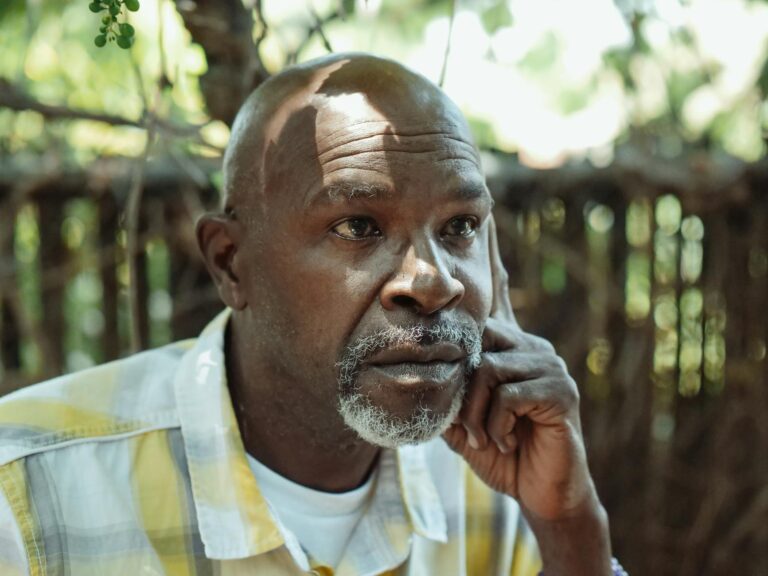Developmental delays refer to a condition in which a child does not reach developmental milestones at the expected time. These milestones include physical, cognitive, speech and social skills that children are expected to achieve by a certain age. When a child is unable to reach these milestones within the expected time frame, it may be a sign of a developmental delay.
Developmental delays can be caused by a variety of factors such as genetic conditions, birth defects, or health problems. In some cases, the cause may not be known. It is important for parents and caregivers to be aware of the signs of developmental delays so that they can seek early intervention and support for their child.
There are different types of developmental delays and they can affect children in different ways. Some common types of developmental delays include:
1. Language Delays: This refers to delays in speech and language development. A child with language delays may have difficulty understanding and using words, sentences, and gestures.
2. Motor Delays: This refers to delays in movement and coordination. A child with motor delays may have trouble crawling, walking, or using fine motor skills such as holding a pencil.
3. Cognitive Delays: This type of delay affects a child’s thinking and problem-solving skills. Children with cognitive delays may have trouble learning new concepts or may learn at a slower pace than their peers.
4. Social and Emotional Delays: These delays affect a child’s ability to interact with others and understand emotions. Children with social and emotional delays may struggle with making friends, controlling their emotions, or following social norms.
The signs and symptoms of developmental delays can vary depending on the type and severity of the delay. Some common signs to look out for include:
– Lack of interest in toys or objects
– Difficulty following simple instructions
– Delayed speech and language development
– Poor coordination and balance
– Difficulty with problem-solving or learning new skills
– Inappropriate emotional responses
– Lack of interest in social interactions
– Inability to express needs or wants
– Regression of previously acquired skills
It is important to note that every child develops at their own pace, and some children may reach certain milestones later than others. However, if you notice that your child is significantly behind in multiple areas of development, it is important to seek guidance from a healthcare professional.
Early detection and intervention are key in managing developmental delays. If you suspect that your child may have a developmental delay, the first step is to consult with your child’s pediatrician. They may refer you to a specialist such as a developmental pediatrician, speech therapist, or occupational therapist for further evaluation and support.
Once a child is diagnosed with a developmental delay, they may benefit from various therapies and interventions tailored to their specific needs. These interventions may include speech therapy, physical therapy, occupational therapy, and behavioral therapy. It is important for parents and caregivers to actively participate in their child’s therapy and continue to provide support and encouragement at home.
In addition to therapy, early intervention programs are also available for children with developmental delays. These programs provide specialized support and services for children from birth to three years old, with the goal of improving their developmental outcomes.
While developmental delays can be challenging for both the child and their family, it is important to remember that with early intervention and support, children with delays can make significant progress and reach their full potential.
In conclusion, developmental delays refer to a condition in which a child does not reach developmental milestones at the expected time. It can affect different areas of development such as language, motor skills, cognition, and social skills. If you suspect that your child may have a developmental delay, it is important to seek guidance from a healthcare professional for early intervention. Remember, every child is unique and with the right support and intervention, they can overcome their challenges and thrive.





